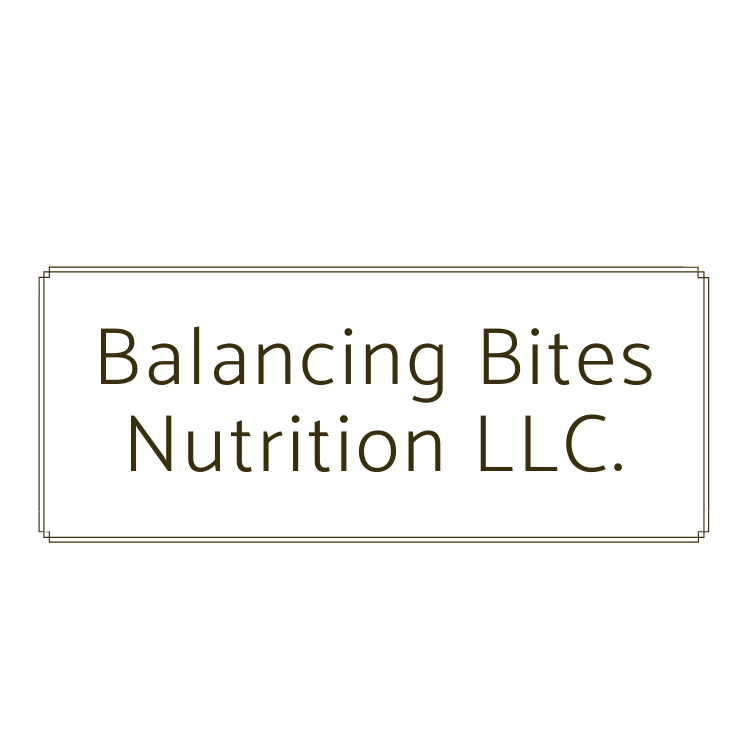There is no secret to losing weight. It’s a well-known researched fact that you must be in a calorie deficit to lose weight. This means you take in less calories than you burn.
So, why are there many different diets claiming to help you lose weight. Well, they all result in a calorie deficit. The Keto diet restricts carbohydrates. If you normally eat carbohydrates then decide to go on the Keto diet, you have just eliminated hundreds of calories.
This is the same for all diets that require you to restrict food. They all work as long as you limit those foods.
An easier solution is to cut back on the foods you already eat without having to cut them out completely. There are many strategies to eliminating calories, but for today’s post we are going to cover calorie and protein counting.
How do you calculate a calorie deficit?
Step 1. Track your food/liquid intake for 1 week.
Weigh and measure all of the foods/liquids you eat and drink. This includes the foods you sample by taking bites and licks. After a week, did you lose, gain, or maintain weight? If you maintained weight, then that is likely your maintenance calories.
Step 2. Subtract 100-200 calories from your maintenance calories.
If your maintenance calories are 1,600, then subtract 100 calories. If after a week you don’t lose any weight, subtract another 100 calories.
Step 3. Calculate your protein needs.
It’s important for you to track your protein intake or at least know how much protein to eat. Protein increases satiety, a feeling of fullness. It will also preserve muscle mass while you’re in a caloric deficit.
Calculate your weight from pounds into kilograms. Example: 125lbs / 2.2kg = 57kg
Protein should be between 1.2-2.2 g/kg.
To preserve muscle mass start with 1.6 g/kg. Example: 57kg x 1.6g/kg = 91 g/protein
If you would rather calculate in pounds, then convert protein needs to g/lb.
Example: 1.6g/kg = 1.6/2.2kg = 0.73g/lb (there are 2.2 kg in 1 lb)
So, 125lb x 0.73g/lb = 91 g/protein
Step 4. Only track calories and protein.
Instead of tracking carbohydrates and fat, eat what you want of the two without going over your calories and protein goals. This will increase the variety of your foods, which will increase the likelihood of you reaching your weight loss goals. The only caveat is that you do not dip below 20% of fat intake. Eating less than 20% of fat will likely cause problems with your hormones and health.
Step 5. Give it some time to work.
You must have patience when losing weight. It typically takes a couple of weeks to really notice a difference. Give it time and trust the process.
















